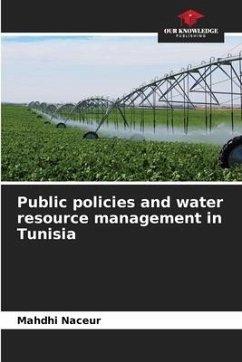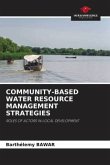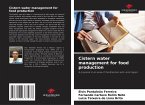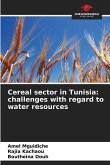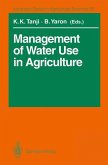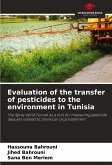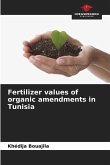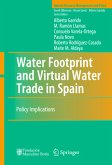Against a backdrop of increasing scarcity and the risks of climate change, water resource management has become a major concern throughout the world. Tunisia is one of the countries least endowed with water resources in the Mediterranean basin. Today, managing the demand for agricultural water is a major challenge if we are to ensure food security and promote rural development in arid areas. Aware of this threat, far-reaching reforms (institutional and regulatory) have been made to the irrigated sector with a view to controlling water demand, increasing irrigation water efficiency, improving water efficiency at the plot level and achieving better economic valuation of irrigation water. This paper analyses the limitations of public water resource management policies and the challenges of irrigation water governance in a context of information asymmetry in Tunisia.
Bitte wählen Sie Ihr Anliegen aus.
Rechnungen
Retourenschein anfordern
Bestellstatus
Storno

